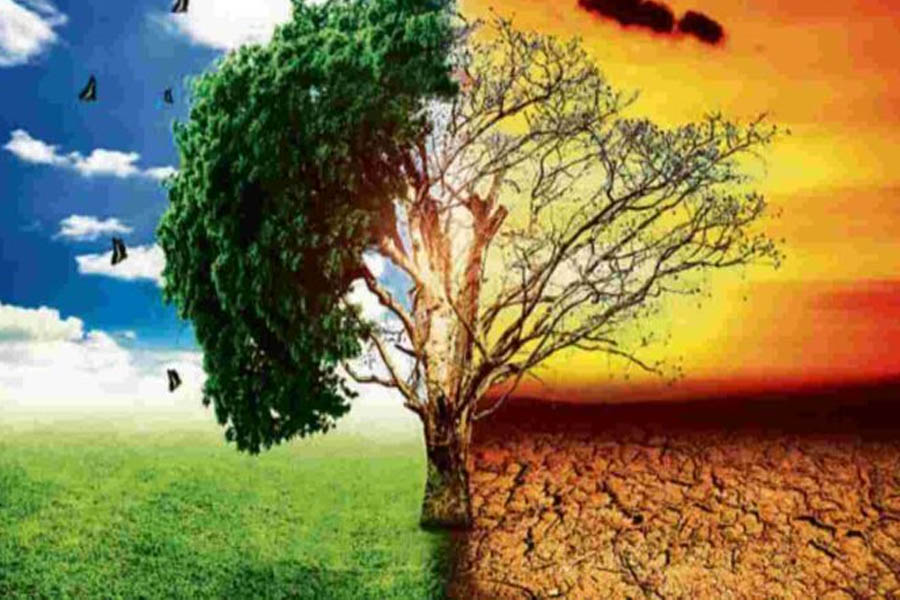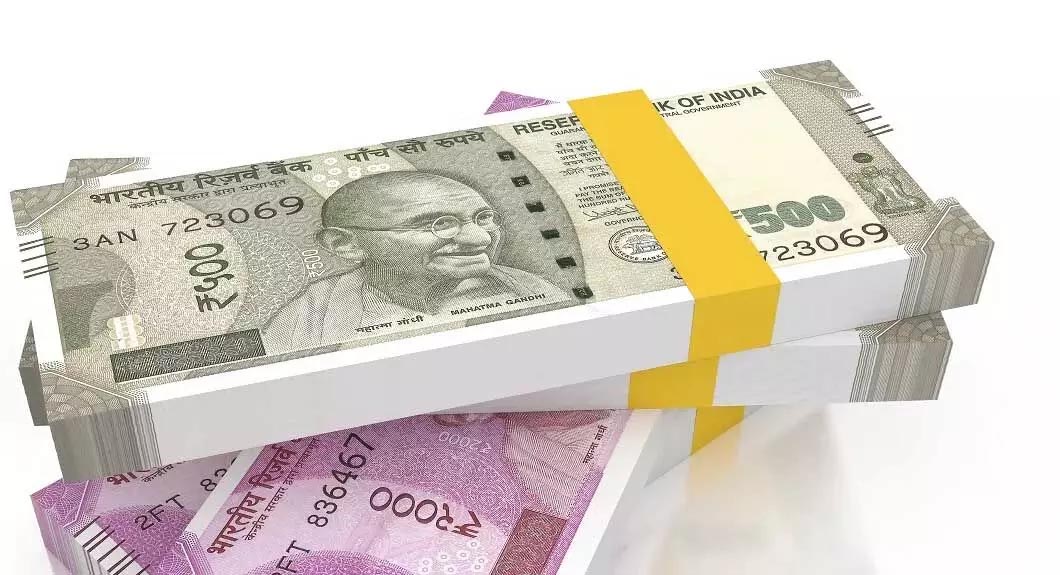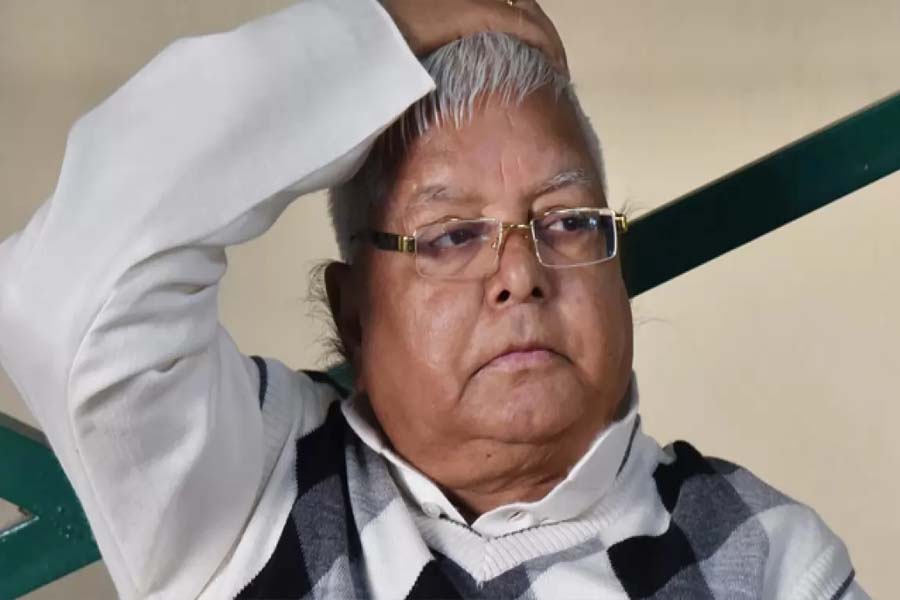Investing in the supply chain of wind energy has now become necessary

Shimla. The wind power industry is growing rapidly in both the onshore and offshore markets by 2025, with a record installation of 680 GW expected by 2027. Policymakers need to act from 2026 to remove supply chain bottlenecks. Blockages in its supply chain could hinder meeting 2030 climate targets and – in turn – dash the world’s hopes of reaching net-zero by 2050.
Also 2022 After a disappointing year, now a booming environment has set the wind power industry to install 136 GW per year in the coming years, with a compounded growth rate of up to 15 percent.
These findings are reflected in the Global Wind Report, which clearly shows that there is an urgent need to increase investment in supply chains around the world. Global Wind Energy Council (GWEC) mapping shows that the U.S. and Europe, both expected to face supply constraints for turbines and components as early as 2025. As the wind power market in the U.S. Sees the positive impact of the Inflation Reduction Act (American Inflation Reduction Act) and with this the ambition in Europe is increasing in this direction. The clean power industry in China appears to be building rapidly, and major developing countries are ramping up their clean energy deployments.
Effective steps taken by the policy makers to take the right steps and to supply it will have a visible impact on the increase in clean energy. Because the world will, in time, be able to reduce its fossil fuel-based energy needs and move on to a cleaner energy path instead. In such a situation, now is the time to promote investment (finance) in supply chains and make it flexible according to regional needs. Because efforts to introduce protectionist trade measures risk raising costs as well as delaying the expansion of wind and renewable electricity. Which is not true given the seriousness of the threat of global warming reaching 1.5 degrees.
Ben Backwell, CEO of the Global Wind Energy Council, said: “This year’s Global Wind Report has a clear message for policymakers: double down on your ambition to secure the world’s future with clean energy.”
“New policies are being introduced around the world focused on accelerating the deployment of secure renewable energy, and GWEC expects continued growth over the coming decade and beyond. But to ensure implementation, policy makers need to remove market and regulatory barriers, allowing investment in new factories to avoid future bottlenecks. In addition, we need more active global cooperation to increase supply of critical raw materials and mitigate risk to ensure that the green economic revolution has those inputs during this crisis. which he needs.
It has long been established that supporting wind power creates jobs, creates new industry and provides clean and safe energy. And by extension, getting closer to climate goals and getting closer to achieving net-zero helps secure the world’s future. Policy makers must seize the opportunity in front of them and work in tandem with industry to make the energy transition from fossil fuel-based energy to clean energy.”
Martand Shardul, Policy Director, Global Wind Energy Council India – GWEC India said: “With a current share of 11% in blade manufacturing, 7% in wind turbine generators and 12% in gearbox manufacturing, India is at the center of the global wind power supply chain. I am in a unique position. However, any restrictive trade policy in India or other regions that mandates complete localization could lead to price hikes and supply chain disruptions. Building on regional competitive advantages, to be able to meet national, regional and global climate action targets, will foster a healthy growth in the wind power sector.
“Facilitating policy measures continue to redefine opportunities for the wind (power) sector in India. After a slowdown in the past few years, the Center has announced plans to tender 8 gigawatts of onshore wind (electricity) projects annually this decade and tap the wind power potential in states. Also, rapid progress has been made by India on offshore wind (electricity) preparedness. Indian agencies have partnered with international institutions to develop a range of technical, policy and supply chain reports. All of this needs to be backed by strong supply chain investment and planning to meet both domestic demand and export opportunities.
“The growing prospect of a global supply chain crisis amid rising ambitions in mature as well as emerging markets points to the need for urgent investment in supply chains to avoid a slowdown in clean energy transition interventions. India should take advantage of this time to catalyze (promote) domestic demand as well as boost its manufacturing capabilities by promoting exports.
Commenting on this, Francesco La Camara, Director General of the International Renewable Energy Agency (IRENA), said, “Despite the effects of the recent global crisis and geopolitical shocks on the energy sector, renewable energy is still the energy choice for new electricity generation . The latest data from IRENA confirms that 2022 is set to see the biggest increase in renewable energy capacity ever. The world increased its stock of renewable energy by 9.6% and contributed to an unprecedented 83% of global energy additions. Wind energy remains one of the fastest growing generation sources. If we are to stay on the 1.5 Celsius path, renewable energy needs to triple by the middle of the century.”
GWEC Chairman Morten Dyrholm said: “The recent IPCC synthesis report makes it abundantly clear: we need to scale up renewable energy now. But scaling up wind power requires healthy industries, and healthy industries require thriving markets.
“This year, 2023, will be an important year to convert possibilities into permits, secure future auction and market design, accelerate infrastructure creation as well as address resilience on the supply and demand side Will happen. As this report shows, there are challenges on the horizon that require bold policy action and strong support from governments for the industry to meet. GWEC and industry look forward to working with policy makers around the world to ensure that we can rapidly increase the deployment of wind power around the world.
Brian O’Neill, Director, Global Offshore & Power Generation, report sponsor Lincoln Electric, said, “This year’s theme “The Coming Acceleration” aptly describes the fastest industrialization since 1900 of the energy supply chain and technology What is needed to support one of the. Simply put, there is a huge challenge and opportunity in the collective global wind power segment to meet the 2035 and 2050 targets…past and future commitments to manufacturing will enable this industrialization.”





